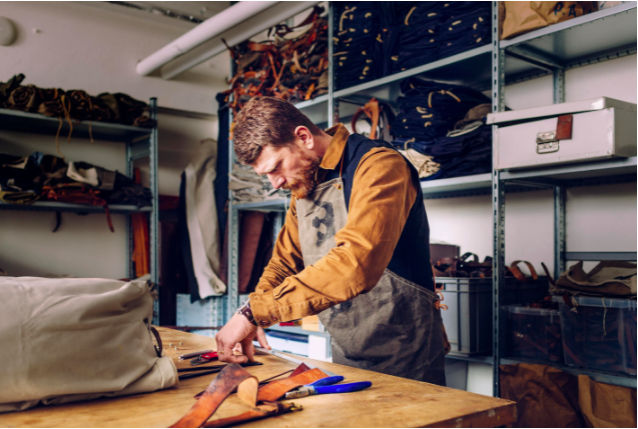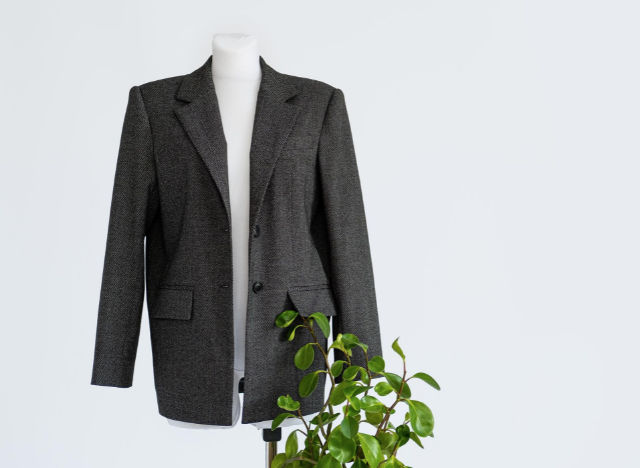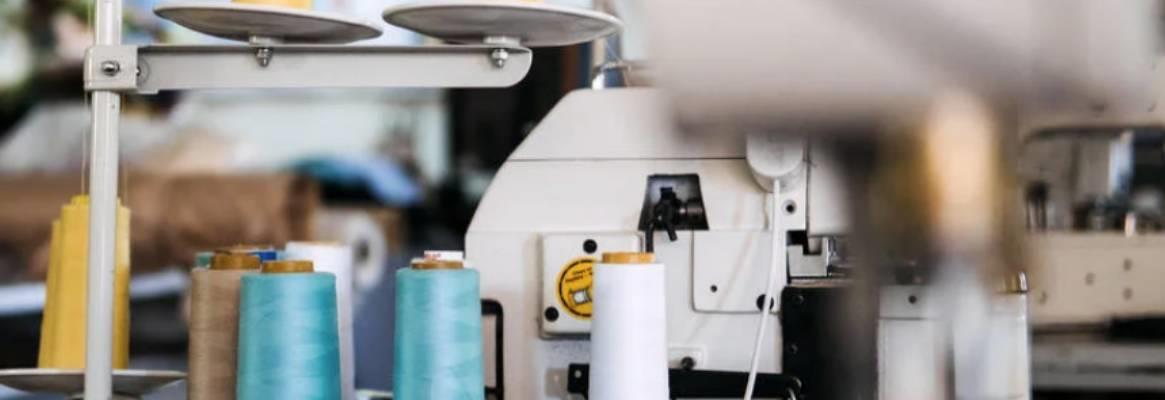With global warming and climate change worsening as time passes, you may find yourself wanting to make a difference by choosing an ethical or eco-friendly clothing, shoe, or handbag manufacturer for your line. Companies like Nike have implemented environmentally friendly practices to sourcing their materials, such as making their shoe soles out of recycled materials. You can make an impact by doing something similar, or by going with a more sustainable fashion manufacturer.
What Does Ethical Look Like To You?

First, there is a difference between ethical and sustainable. Being ethical is human-centered and focuses more on treatment of humans. Sustainability focuses more on the earth and its resources. However, the two must work together because there cannot be true sustainability without being ethical and vice-versa.
Before you look online for a sustainable clothing manufacturer, keep in mind what you would like your clothing brand to be a part of or not. Each manufacturing company will have their own practices of environmental friendliness. This can look different for each and every company.
Search Online for Sustainable and Ethical Producers

Many companies are trying to hop on eco-friendly trends for consumers. The number of companies that appear under this category on a Google search go on for pages. However, your online research work should not stop at the first company that pulls up. Environmental sustainability goes far beyond having “eco-friendly” plastered on the website. Here are a couple of things you should look for on a manufacturer's website to ensure environmental practices:
• A dedicated sustainability section
• Certifications, achievements, and awards for environmental practices
Check Their Websites or Ask Directly About Ethical Production Factors

Once you have found a suitable manufacturer, and contacted them to verify cost and quality, look for items like the following to check their sustainable or ethical producer credibility:
• Global Organic Textile Standard certificate – This promises that the workers who are manufacturing your clothing receive proper treatment and compensation.
• World Fair Trade Organization certificate – This ensures that the manufacturer improves their labors’ livelihoods and communities through fair trade.
True ethical manufacturing goes beyond the environmental aspect. Make sure that your chosen manufacturer covers all their bases as a company.
Once you have found a credible manufacturer, you can look into if their textile mill has that focus on environmental friendliness. Ask about their access to:
• Recycled Fabrics – Did you know that there is a polyester fabric that uses polyethylene – a raw material – and terephthalate which is made from recycled plastic bottles that come from the landfills?
• Organic Fabrics – Organic Cotton produces 46% less carbon dioxide than conventional cotton and doesn’t use nearly as much water.
• Producing High-Quality Clothing – If a manufacturer produces low-quality pieces with cheap materials they will fall apart quickly and end up in a landfill along with 11 million tons of textile waste produced a year.
By checking out what clothing manufactures and textile mills are doing to help stop the rapid increase of global warming and laborer abuse, you (and by extension, your customers) can do your part. This can look different for us all, whether it's buying from a local manufacturer or only using organic fabrics to create your brand. It’s our duty in the fashion community to make sure we are taking the right steps to create a more sustainable planet.
This article has not been edited by Fibre2Fashion staff and is re-published with permission from makersvalley.com










Comments